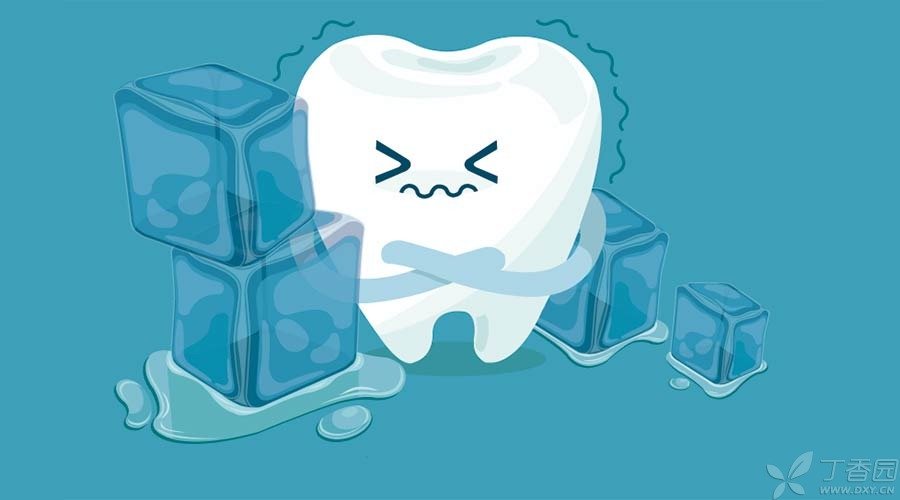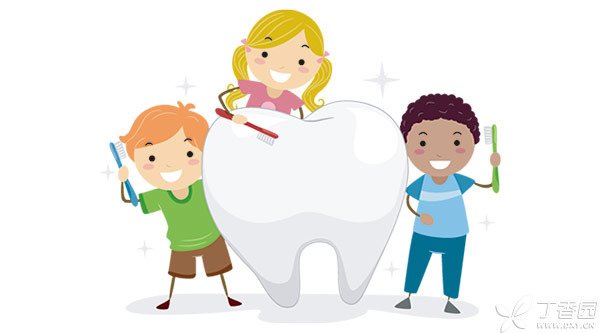
Teeth are too sensitive, not only can’t [hot and cold, sweet and sour, eat if you want], sometimes even inhaling cold air can cause toothache. This kind of pain is sharp and sudden, penetrating into the nerve endings of teeth, and what’s more, the sensitivity of a single tooth may also affect other teeth.
Is there a good way for what to deal with tooth sensitivity?
Why are teeth sensitive?
Tooth sensitivity is related to gingival recession.
Gingival recession exposes the dentin beneath the gums, where thousands of thin tubes lead to the tooth’s nerve center, the pulp. These thin tubes can transmit hot, cold, sweet and sour stimuli to the tooth nerve and cause tooth pain.
The following factors may cause dental allergy:
1. Individual factors
- Age: The most sensitive age stage of teeth is 25-30 years old. Tooth wear: Such as long-term use of hard toothbrushes, excessive brushing or bruxism, Resulting in dentin exposure. Bruxism: Bruxism or bruxism can cause tooth wear, Expose dentin. Gingival disease, gingivitis: Gingival inflammation and swelling and pain can cause gingival recession, resulting in exposure of the root of the tooth. Tooth damage: Broken teeth are easily filled with bacteria, which can cause inflammation when entering the dental pulp. Plaque at the root: Plaque on the root surface can also affect the sensitivity of the tooth.
2. External factors
- Acidic food: A diet that contains a large amount of acidic ingredients will consume enamel, For example, citrus fruits, tomatoes, pickled vegetables and tea. Tooth whitening products: Some products may be the main cause of tooth allergy. Long-term use of mouthwash: Some over-the-counter products containing acidic substances will affect the exposed dentin and aggravate tooth loss. Consult the dentist and choose neutral fluorine-containing solution. Oral treatment: oral cleaning, root leveling, crown implantation and tooth restoration will cause tooth sensitivity and take about 4-6 weeks to recover.
How can you improve tooth sensitivity?

-
Toothbrush and floss: Use toothbrush or floss correctly and regularly to clean the oral cavity completely.
-
Soft toothbrush: When cleaning around the gingival line, the force should be gentle to avoid damaging the gingiva.
-
Toothpaste for reducing tooth sensitivity: Some brands of toothpaste can prevent tooth allergy, regular use can reduce tooth sensitivity, you can try to use this kind of products and choose the most effective for yourself. Tip: Before going to bed, you can use your fingers or cotton swabs to smear a thin layer of toothpaste on the exposed part of the root. Note that it is fluoride toothpaste, not toothpaste to control dental calculus.
-
Fluorine-containing products: Daily use of fluorine-containing oral cleaner can reduce the sensitivity of teeth, and you can consult your dentist for related products.
-
Pay attention to diet: Avoid eating foods and beverages rich in acidic substances.
-
Avoid molars: Patients with bruxism can use oral protectors at night.
-
Regular examination: See the dentist every 6 weeks or so.
If you still have tooth discomfort, you should consult your dentist. Dentists may recommend covering the exposed root surface with white filler, fluorine coating or dentin sealing material.
Responsible Editor: Yidan
